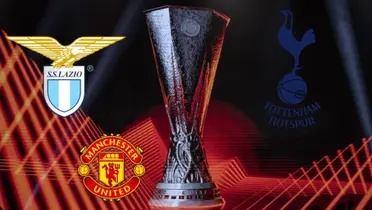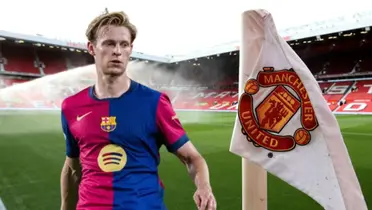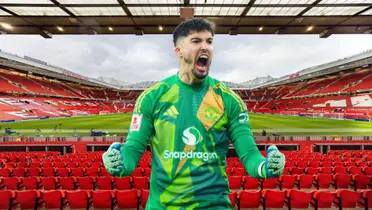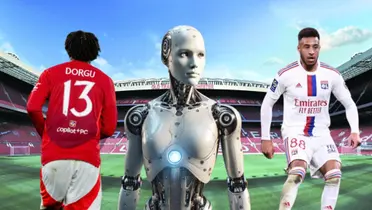Why is the academy the key to Manchester United FC is success?
The Manchester United academy: A fundamental pillar in its business model
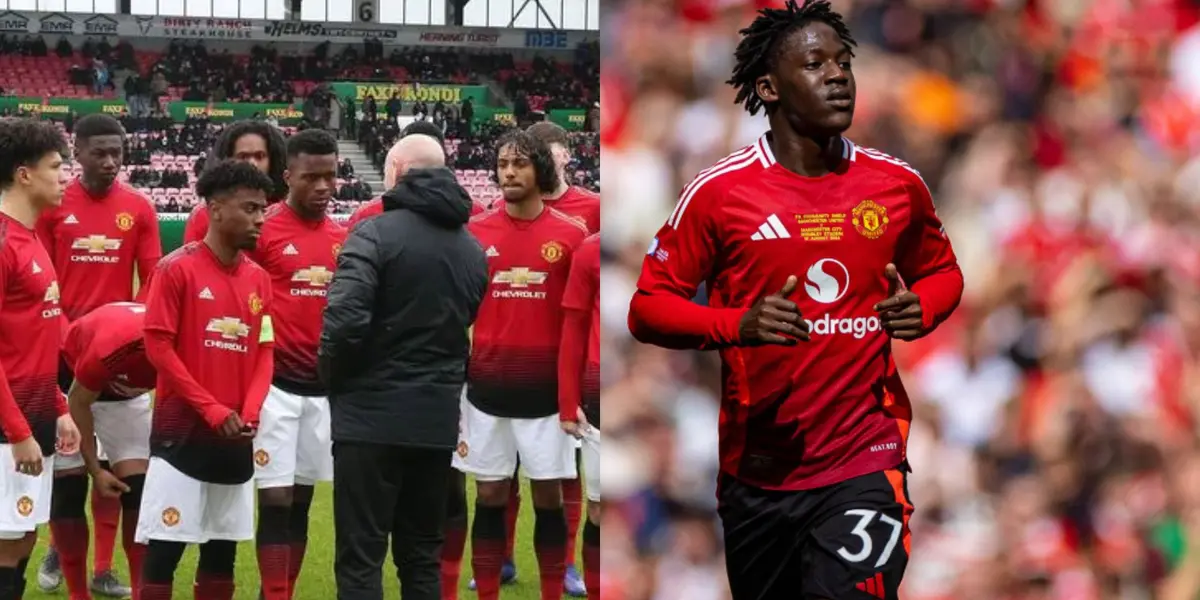
In the world of football, the academy stands as a fundamental pillar in the business model of clubs, and Manchester United is no exception. Throughout its history, the English club has shown that the development of young talent not only nurtures the first team but also drives its sporting and economic success. From the legendary Busby Babes to the current generation of stars like Marcus Rashford, the Manchester United academy has been an inexhaustible source of talent and a key factor in its consolidation as one of the biggest clubs in the world.
We, as sports journalists, have witnessed how the Manchester United academy has evolved over the years, adapting to new challenges and maintaining its commitment to the development of elite players. In this article, we will thoroughly explore the importance of the academy in Manchester United's business model, analyzing its economic impact, its training philosophy, and its role in the club's future.
The legacy of the academy: From the Busby Babes to the new generation
The history of the Manchester United academy is marked by tragedy and success. The Busby Babes, a group of young talents formed in the club's academy, were the foundation of the team that dominated English football in the 1950s. However, tragedy struck the club in 1958, when eight of these young players died in the Munich air disaster. Despite this tragedy, Manchester United rebuilt and continued to invest in its academy, reaping new successes and training generations of players who have left their mark on the club.
The new generation of talent, led by Mainoo, Garnacho, and other promising youngsters, shows that the Manchester United academy remains an inexhaustible source of talent. These players, formed in the club's philosophy, have demonstrated their quality and commitment, becoming key players in the first team and in the club's future.
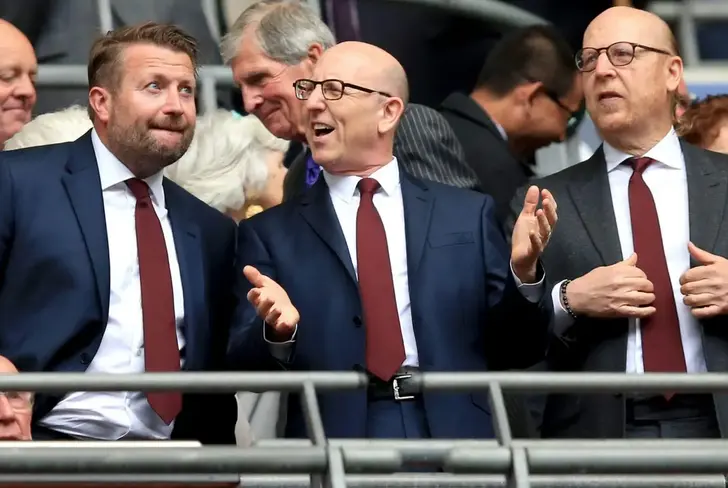
The economic impact of the academy at Manchester United
The Manchester United academy not only nurtures the first team but also generates a significant economic impact on the club. First, the formation of players in the academy allows the club to save millions of pounds in signings. Instead of spending large sums of money on already established players, the club can train its own talents, which represents a considerable saving in the transfer market.
In addition, players trained in the academy can become a valuable asset to the club. If an academy player stands out and becomes a star, the club can sell him for a large sum of money, obtaining a significant economic benefit.
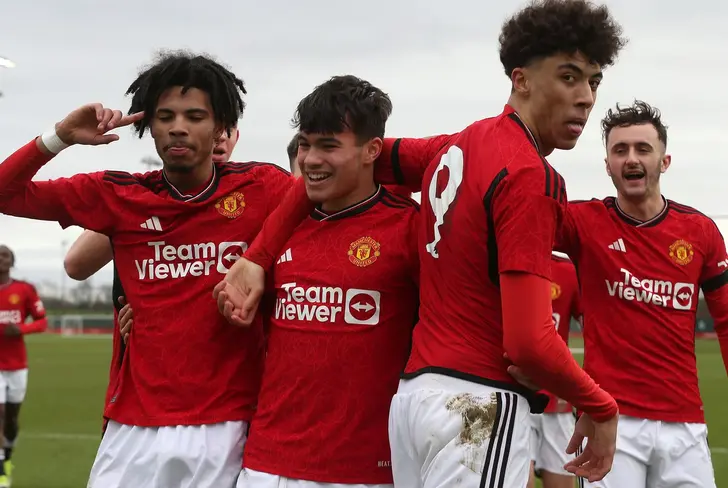
The academy's philosophy: Beyond football
The philosophy of the Manchester United academy goes beyond the formation of footballers. The club is concerned with the integral formation of young people, both in sports and personally. Academy players receive a quality education, learn values such as discipline, commitment and teamwork, and prepare for the future, both on and off the field.
The Manchester United academy instills in its players the Red Devils values, which are the basis of the club's identity. These values, which include passion, humility, respect and ambition, are transmitted to the players from their arrival at the academy and become part of their DNA as footballers and as people.
The Manchester United business model: The academy as a fundamental pillar
The Manchester United academy is a fundamental pillar in the club's business model. First, the academy contributes to the economic sustainability of the club, as it allows saving on signings and generating income from the sale of players. In addition, the academy reinforces the club's brand image, as it demonstrates its commitment to the development of young talents and its commitment to the future.
The academy also plays an important role in the club's sports strategy. Manchester United seeks to build a competitive and successful team in the long term, and the academy is a key tool to achieve this goal. By training its own players, the club ensures that it has a solid base of young and committed talent, which can become the backbone of the team in the future.
The future of the academy: New talents and challenges
The future of the Manchester United academy is promising. The club continues to invest in the development of young talents and adapt to the new challenges of modern football. The Manchester United academy is characterized by its innovation and its ability to adapt to changes in football. The club invests in new technologies, training methods and development programs to ensure that its players receive the best possible training.
The Manchester United academy also faces challenges. Football is increasingly competitive and demanding, and the club's academy must continue to work hard to train players who can compete at the highest level. In addition, the club must be able to retain its young talents, as other clubs may try to sign them before they have the opportunity to debut in the first team.
In conclusion, the Manchester United academy is much more than a simple factory of players. It is a fundamental pillar in the club's business model, a key factor in its sporting and economic success, and an inexhaustible source of talent and values. The Manchester United academy has shown throughout its history that the formation of young talents is a profitable investment and a safe path towards the future. As sports journalists, we will continue to closely follow the evolution of the Manchester United academy, confident that it will continue to bring us great joys and surprises in the future.
What you should know about the Manchester United academy!
- History: The Manchester United academy has a rich history, from the Busby Babes to the new generation of talent.
- Economic impact: The academy not only trains players but also generates income and saves costs in signings.
- Philosophy: The Manchester United academy focuses on the integral formation of players, both in sports and personally.
- Business model: The academy is a fundamental pillar in the club's business model, contributing to its sustainability and success.
- Future: The Manchester United academy continues to evolve and adapt to new challenges, ensuring the future of the club.
More news

The Numbers Don't Lie: Casemiro's Dominance Returns
31/03/2025
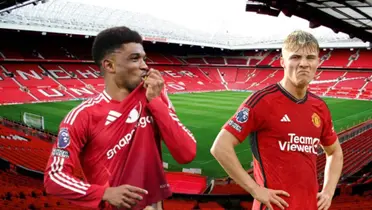
United's Dream Pairing: The Duo Fans Are Eager to See
31/03/2025
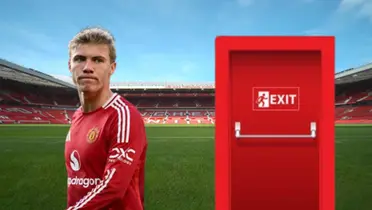
Hojlund's Fate: Will He Stay or Leave Man United?
31/03/2025
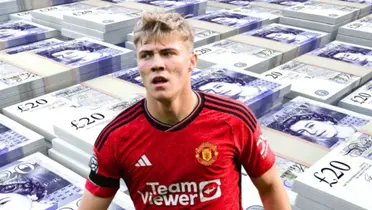
Højlund's Plummeting Value: A Cause for Concern at Man United
31/03/2025
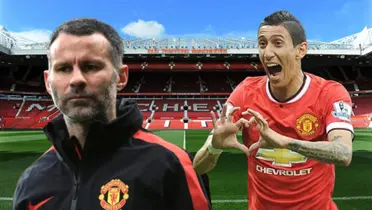
Giggs' Misjudgement: Depay's Free-Kick Hopes Fall Flat
31/03/2025
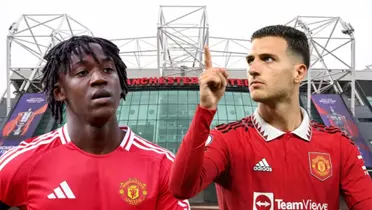
Man United's Summer Clearout: Players on the Chopping Block
31/03/2025

Financial Divide: Man United's Value Dwarfs Olympique Lyon's Squad Cost
30/03/2025
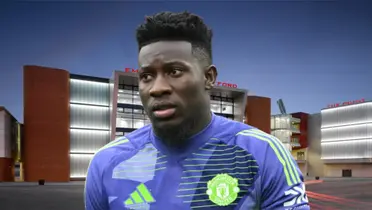
Onana Exit Rumors Swirl: How the Goalkeeper Is Responding
30/03/2025
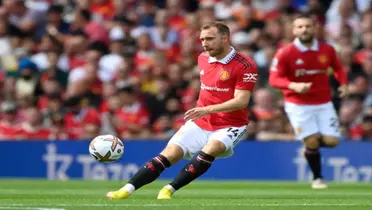
Eriksen breaks the silence about the rumors of not renewing
30/03/2025
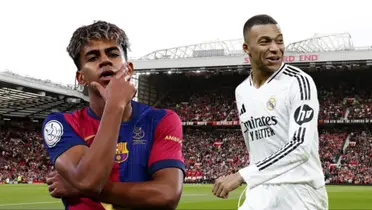
World-Class Player Available: Romano Reveals Transfer Bombshell
30/03/2025

Ugarte's Premier League Insight: Key Differences From Ligue 1 Revealed
30/03/2025
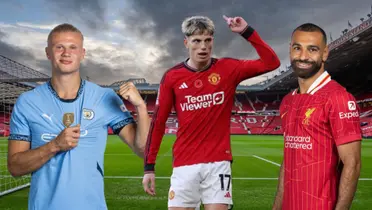
Garnacho Outshines Salah and Haaland: A Stunning Statistical Triumph
29/03/2025
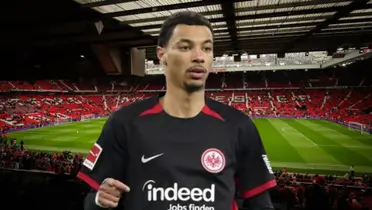
Ekitike's Staggering Stats: Why Man United Are Keen
29/03/2025
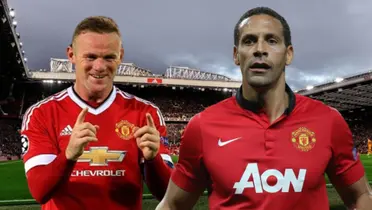
Beyond Legends: The United Player Who Rewrote Investment History
29/03/2025
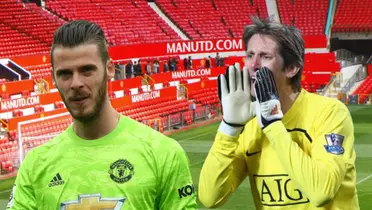
Manchester's Goalkeeping Giants: Who Reigns Supreme?
29/03/2025
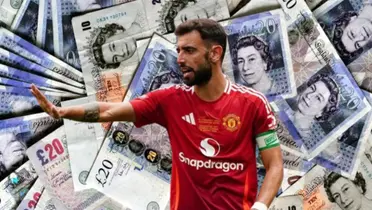
Fernandes' Fortune: Unveiling the Price Tag of United's Captain
29/03/2025
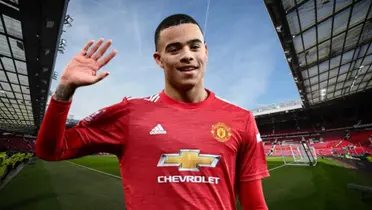
The Manchester United jewel that was rumoured for Barcelona ended up in an exotic league
29/03/2025
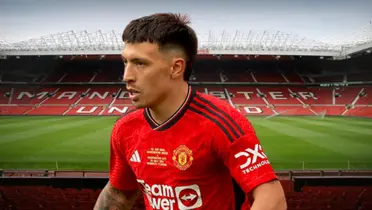
Father's Faith Pays Off: 100 Pound Bet on Son's United Debut
29/03/2025
